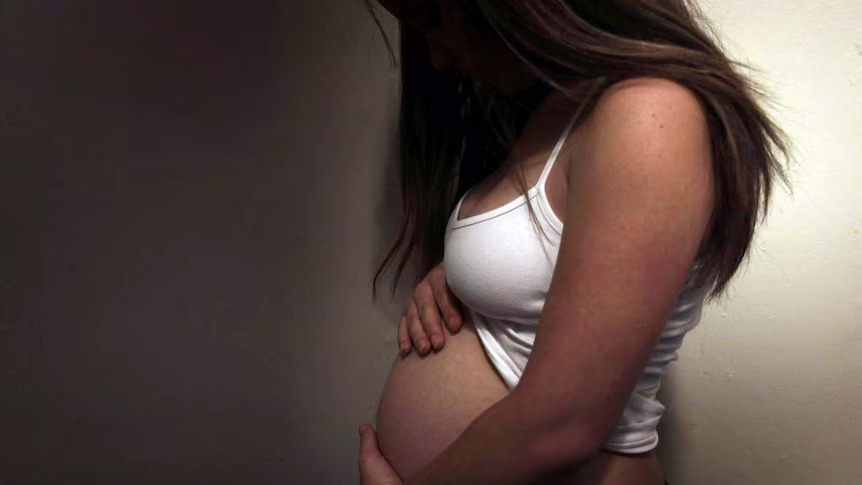- 1
- Jul
- 0

Warning: 5 Factors That May Increase the Risk of Miscarriage in Women
Miscarriage, defined as the spontaneous loss of a pregnancy before the 20th week, is a deeply emotional experience that affects millions of women around the world. It’s estimated that up to 20% of known pregnancies end in miscarriage. While many causes remain out of one’s control, understanding certain avoidable risk factors can help couples take timely action to support a healthier pregnancy journey. Here are five common contributors that may increase the risk of miscarriage.
- Lifestyle Choices and Habits
Modern life often places heavy demands on individuals, especially women who balance both career and personal responsibilities. These pressures can push pregnancy planning further down the priority list. Unfortunately, this can result in reduced physical activity, poor dietary habits, irregular sleep cycles, and increased consumption of alcohol or tobacco. All these factors have been linked to negative impacts on the reproductive system. Maintaining a balanced lifestyle that includes nutritious food, regular exercise, and sufficient rest can support overall fertility and lower the risk of miscarriage.
- Advancing Maternal Age
As women age, especially after their mid-30s, both the quantity and quality of their eggs begin to decline. This natural biological change can reduce the chances of a successful pregnancy and raise the likelihood of miscarriage. Delaying pregnancy may also make it more difficult to conceive naturally, and pregnancies at older ages are more often associated with complications. While the decision to delay parenthood is deeply personal, it’s essential to consider the potential effects of age on fertility and pregnancy health.
- Relationship Timing and Delays
In today’s fast-paced world, finding a life partner and deciding when to start a family can take time. When couples wait for extended periods before trying to conceive—whether due to personal, emotional, or financial reasons—this can lead to heightened stress and biological changes that may affect fertility. The emotional toll of waiting can sometimes add to physical strain, potentially increasing the risk of miscarriage.
- Male Reproductive Health
The role of male health in fertility is often overlooked, but it’s just as significant as female reproductive health. As men grow older, particularly into their 40s and beyond, the quality of sperm may decline. Factors such as poor diet, smoking, alcohol use, and underlying health issues can contribute to DNA damage in sperm. This, in turn, can negatively influence the chances of a healthy pregnancy and may lead to miscarriage.
- Waiting Too Long to Become Parents
While advancements in fertility treatments such as IVF and egg-freezing have offered hope to many, they are not guaranteed solutions. The success of these methods also depends on the age and overall health of the individuals involved. Delaying parenthood for too long can make it harder to achieve a healthy pregnancy, even with medical intervention. It’s important for couples to have open discussions and plan their family timelines with awareness and realistic expectations.
Conclusion
Always consult with your doctor or a healthcare professional before making significant dietary changes for Athletic Performance. They can provide personalized guidance based on your medical history and current health status.
Note – If you have any health-related concerns, please call us at +91-9058577992 to receive free consultation from our experienced doctors. Thank you.

Leave a Comment
You must be logged in to post a comment.